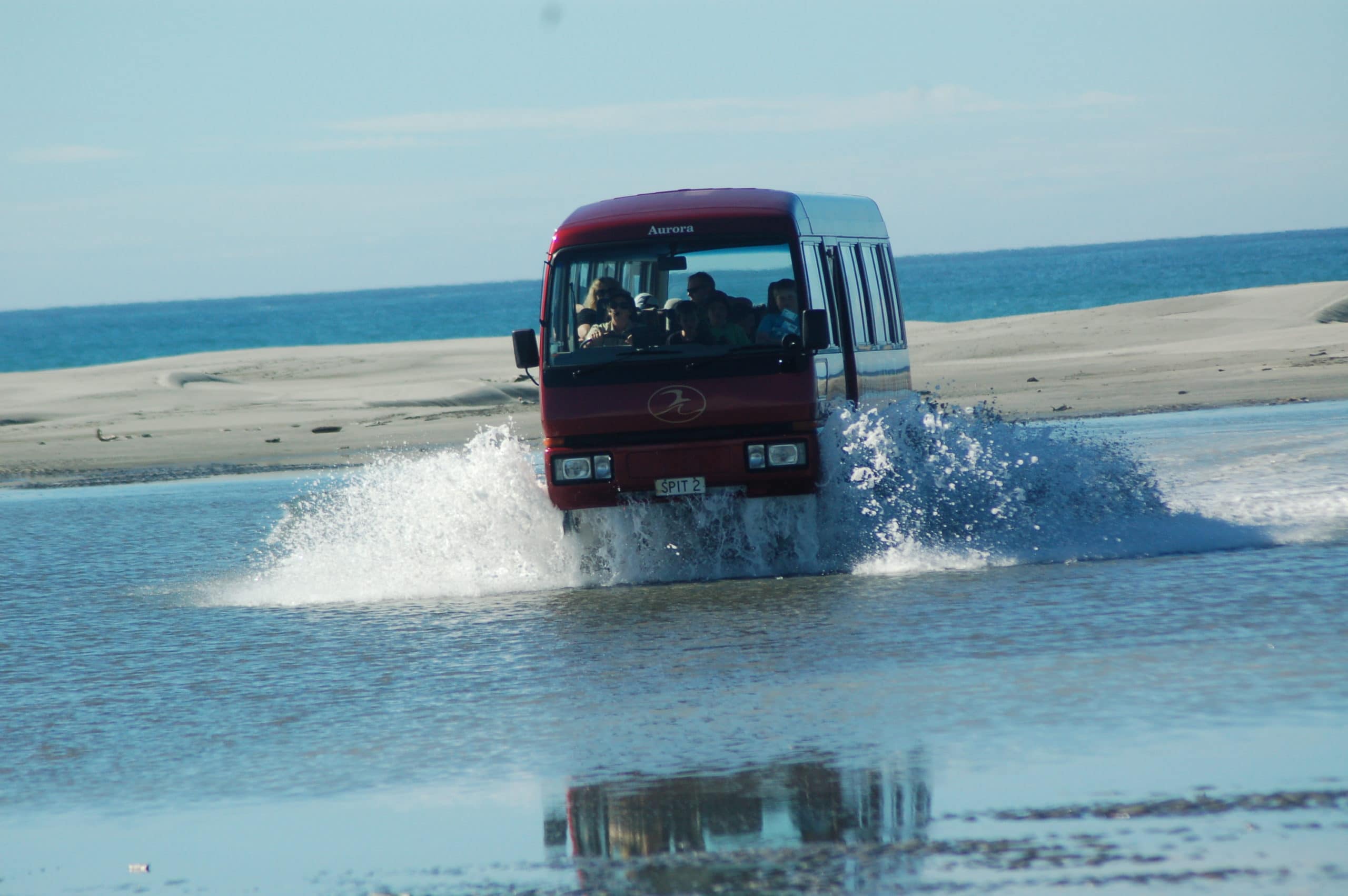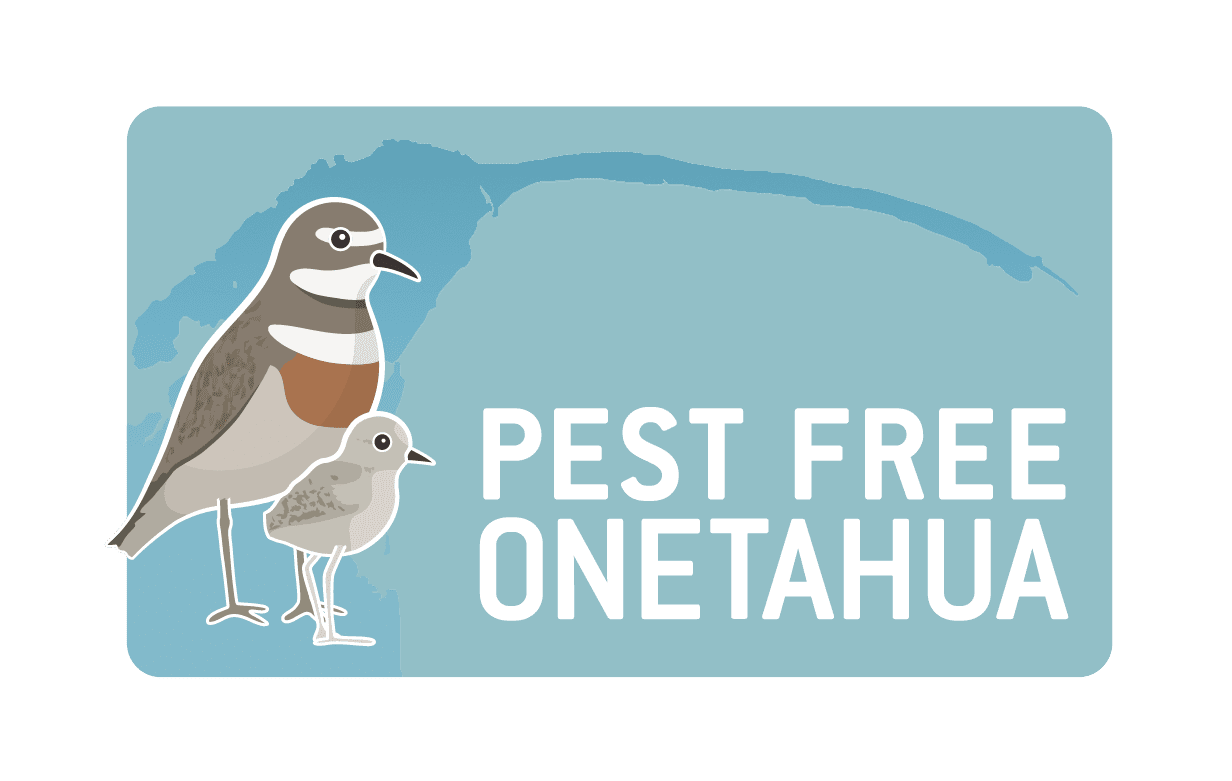
Having traversed the spit for almost 40 years, Paddy is attuned to the changes in topography and biodiversity of the area. Ten years on from the onset of trapping, he is seeing increases in the volume and variety of life on the spit.
‘We started our own trapping because we knew there were predators out there and we’ve seen plenty of changes – particularly around the lighthouse,’ he says. ‘Whenever we used to drive in there, we’d always see two paradise shelducks. When we started trapping, we began to see ducklings. Now year after year, there’s a new family which tells us the trapping is working.’ Paddy says that he’s seeing birds around the lighthouse that he hadn’t noticed before such as fantails and kingfishers. ‘Last summer we saw a family of quail for the first time and I’ve been noticing that pipits and skylarks are becoming more abundant,’ he says.With Farewell Spit Tours holding the line for so long, Paddy is pleased to see Pest Free Onetahua join the fight against invasive pests and is keen to get involved in the project.
‘It’s going to be hard,’ he says, ‘but we have a great opportunity to not only make a difference to this iconic place, but to set a great example of what can be achieved and to create an incentive for others to follow suit.’ Paddy started with Farewell Spit Tours in 1986 (then called Collingwood Safari Tours) as a mechanic before becoming a driver and eventually manager. Paddy and the team are currently developing a lightweight collapsible trap that can be easily transported across difficult terrain. When he’s not doing that, he can be found driving one of the distinctive maroon coloured Eco Tours buses, imparting his knowledge and his love of a place he calls home.Stay informed
Hit the subscribe button to stay in the loop about project progress, news from the field and our cutting edge trapping methods.
Subscribe to our newsletter